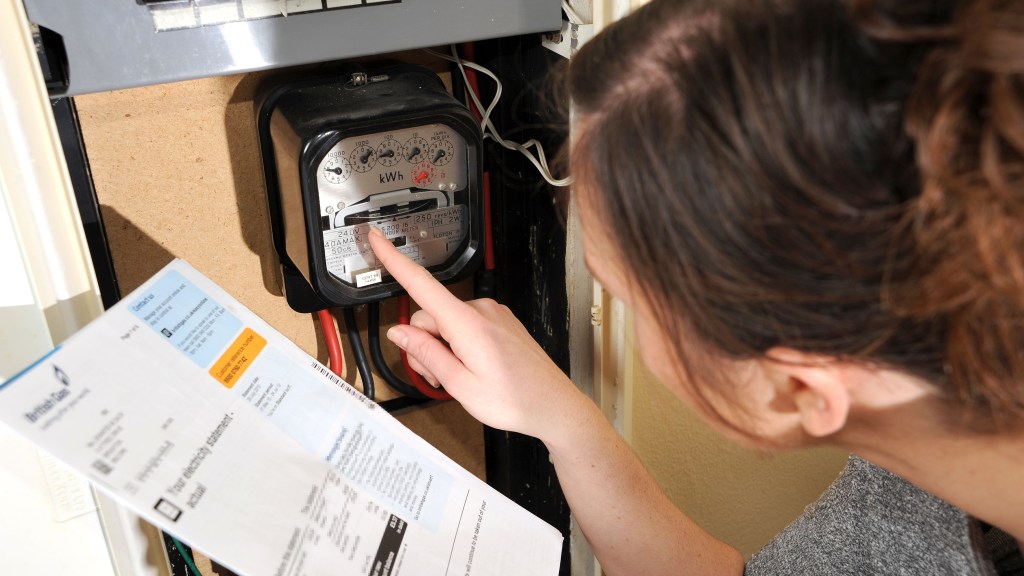Potential Disruptions in Heating and Hot Water for Hundreds of Thousands as Meter Technology Phases Out
Over 300,000 households are at risk of facing interruptions in hot water supply and heating due to the anticipated shutdown of their electricity meters by the end of next month.
Those utilizing meters governed by the aging Radio Teleswitch Service (RTS) technology have been notified that the operational signal will cease on June 30.
Energy companies, consumer advocacy groups, and the regulatory body Ofgem are calling on those impacted to take advantage of the free installation of upgraded meters before the impending deadline, with a promotional video featuring Lorraine Kelly aimed at raising awareness.
As of early May, approximately 365,995 households and enterprises were still operating with RTS meters. The current installation pace of about 1,200 to 1,300 replacements daily is insufficient. Advocates have suggested that the deadline may require another extension, given that it has already been postponed from March of the previous year.
Despite acknowledging the difficulties in replacing all the meters in time, the energy sector has resisted extending the deadline further. There are concerns that customers might refuse the replacements. However, the cessation of the signal is expected to occur incrementally rather than uniformly on June 30.
Energy UK, the sector’s trade association, stated it is collaborating with government officials and the regulator to implement a smooth phase-out process that minimizes disruptions for remaining customers, especially those in precarious situations.
The RTS meters rely on a transmission network that is over four decades old, and industry representatives assert that it is nearing obsolescence and must be substituted. This signal allows meters to fluctuate between peak and off-peak pricing.
Typically, households using these meters are not connected to the gas grid and rely on electric heating or storage heaters, along with time-variable electricity tariffs such as Economy 7.
Simon Francis, coordinator of the End Fuel Poverty Coalition, emphasized that Ofgem must formulate a crisis plan, including provisions for postponing the shutdown.
“While the RTS signal is impractical for the long haul, the timeline isn’t strictly a technological matter—it’s a decision with human implications. A significant number of RTS meters will still be in use when the signal starts to decline, and the consequences are uncertain,” he commented.
“This could leave people with either persistent heating and hot water leading to inflated bills or complete absence of heat, a situation that could be catastrophic, particularly for senior citizens,” he added.
Charlotte Friel, Ofgem’s director for retail pricing and systems, reiterated, “We have clearly stated that the signal in a specific area should not be shut down until providers have shown they can promptly address any issues faced by customers.”
“While this carefully managed transition should ensure customers feel secure, it remains vital that these meters are supplanted. I encourage customers to interact with their supplier when an appointment is offered, even if it occurs after the June 30 initiation date of this process,” she advised.




Post Comment